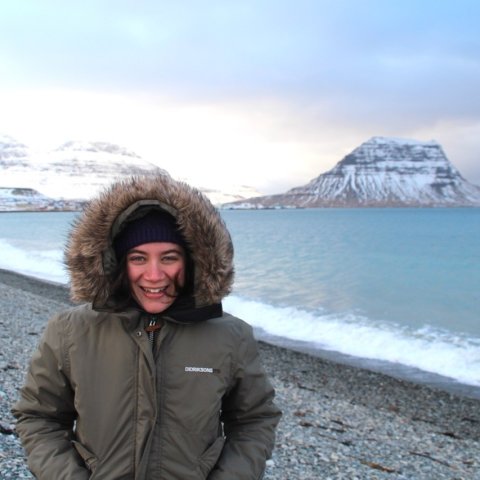Hér má nálgast námskeiðslýsingar allra námskeiðanna sem í boði eru. Einnig má sjá skipulag námsins í sameiginlegri kennsluáætlun Sjávarbyggðafræði og Haf- og strandsvæðastjórnunar.
Námskeiðin uppfylla kröfur ýmissa stéttarfélaga um námsstyrki. Vor- og sumarannir eru tilvaldar fyrir háskólanemendur sem vilja stytta námstímann í reglubundnu námi.
Fyrirspurnir sendist á kennslustjóra Háskólaseturs.
Coastal and Marine Ecology
- Autumn 2023
- Næsta námskeið: 28. ágúst - 15. september 2023
- CMM Core Course | 6 ECTS
- Námskeið:CMM03
- Kennari: Dr. Filipa Samarra
Um námskeiðið
Understanding the links between organisms and environment is important for an effective management of our natural resources. This three-week course focuses on patterns and processes of species occurring in coastal and marine environments. We will cover simple and complex ecological processes and how these operate in different systems. Finally, topics of conservation biology and ecosystems services will also be addressed.
The course includes lectures, workshops, guest speakers and field trips. Students will also experience a variety of methods for surveying species and habitats
Kennari
is a behavioural ecologist with a keen interest in marine mammal social and foraging ecology and acoustic communication. Her research focuses on intra-specific ecological and behavioural variation, interspecific interactions and the effects of environmental changes. Much of this work is done with killer whales, the apex predator of the oceans, as part of the longest running monitoring and research programme on killer whales in Iceland, the Icelandic Orca Project.

Kennsluskrá
The course explores patterns and processes of marine environments. The main emphasis of the course is on the population and community ecology, and environmental challenges faced by coastal and marine organisms and humans on a global scale. Lectures provide in depth understanding of ecological concepts and processes, including biological diversity, distribution and dispersal, principles of population growth, primary and secondary production, decomposition and nutrient cycling, species interactions, trophic dynamics and food webs, ecosystem stability and function, disturbance and succession of communities. Furthermore, human induced impacts on coastal and marine ecosystems, and the conservation of such systems are discussed.
Discussion sessions and writing assignments serve to deepen the understanding of selected theoretical and practical concepts, approaches or applications as well as to train students in reading and writing scientific papers.
On completion of the course, a student:
- has an understanding of the role of coastal and marine ecology in environmental and natural resource studies, marine management and decision-making.
- has an understanding of the basic ecological principles of population, community and ecosystem ecology as well as the main patterns and processes in marine environments.
- has an understanding of the consequences of the major human induced impacts on coastal and marine ecosystems.
- has gained practice in reading and writing sections of scientific papers.
- can link human impacts on marine ecosystems to potential management actions.
- can read most scientific papers in ecology and discuss basic ecological subjects in an oral and a written form.